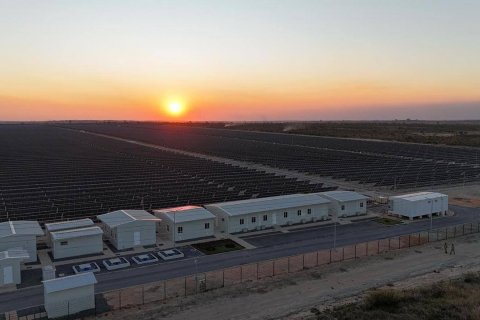According to the National Statistics Institute (INE), "at national level, the majority of employed people are in informal employment, 80.5 percent of which 72.2 percent are among men and 88.5 percent among women".
The report on Employment and Unemployment Indicators in Angola, resulting from the Employment Survey in Angola, shows that "the informal employment rate is higher in rural areas than in urban areas, with 95.5 percent and 69.2 percent, respectively".
These indicators have not been published since 2022.
Angola has 5.4 million unemployed people, divided between 2.5 million men and 2.9 million women, according to INE data, which shows that unemployment among women is slightly higher than among men.
"The unemployment rate in the population aged 15 or over was estimated at 31.9 percent, being higher for women, 33.2 percent, compared to men, 30.4 percent", which reveals a difference of 2.8 percentage points.
In urban centers, the unemployment rate is four times higher than in rural areas, as the rate is close to 42 percent in cities and 11.4 percent in rural areas.
Comparing data on the unemployment rate from the last quarter of last year with the fourth quarter of 2022, INE says that "the unemployed population increased by 11.1 percent, in relation to the same quarter last year" and highlights that "the unemployment rate increased by 2.2 percentage points, which corresponds to a variation of 7.5 percent compared to the same period last year".
The difference between the unemployed population and the unemployment rate is explained by the use of different concepts, since, explains INE in the note, "the unemployment rate is an estimated percentage based on the declaration of people who do not have formal or informal employment, but are available to work, that is, it expresses an estimate of the capacity of the formal and informal labor market to satisfy the explicit demand for jobs".
The concept of informal employment covers people aged 15 or over employed in the private sector, in cooperatives, associations, churches, non-governmental organizations (NGOs), or on their own, who were in one of the following situations: working in any unit producing goods or services, not registered with public bodies; does not benefit from any social support, and is not registered with social security.







